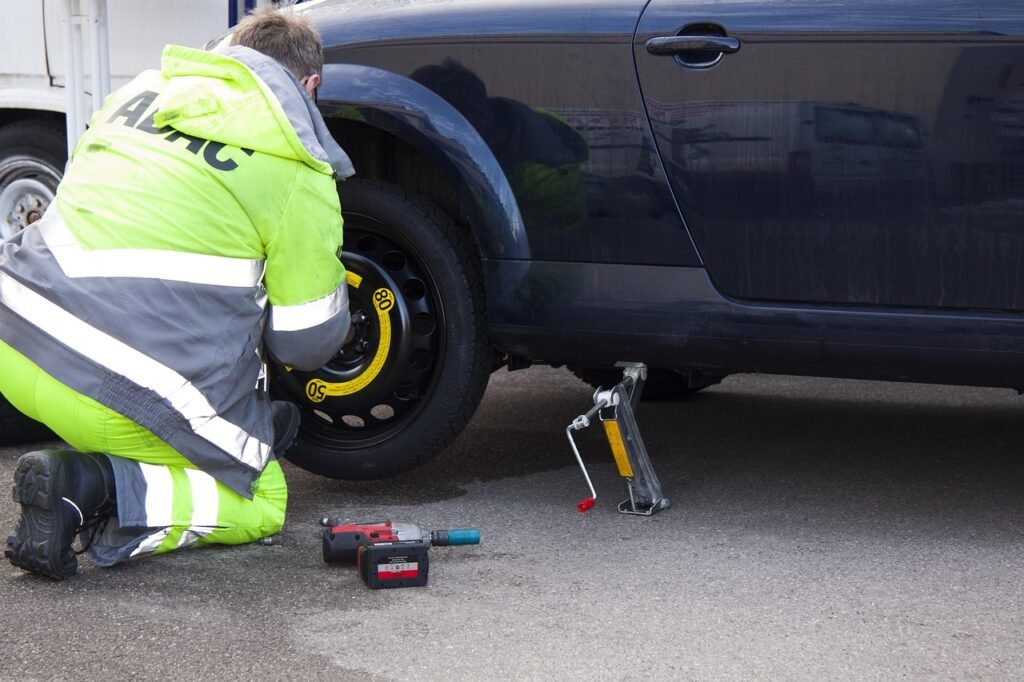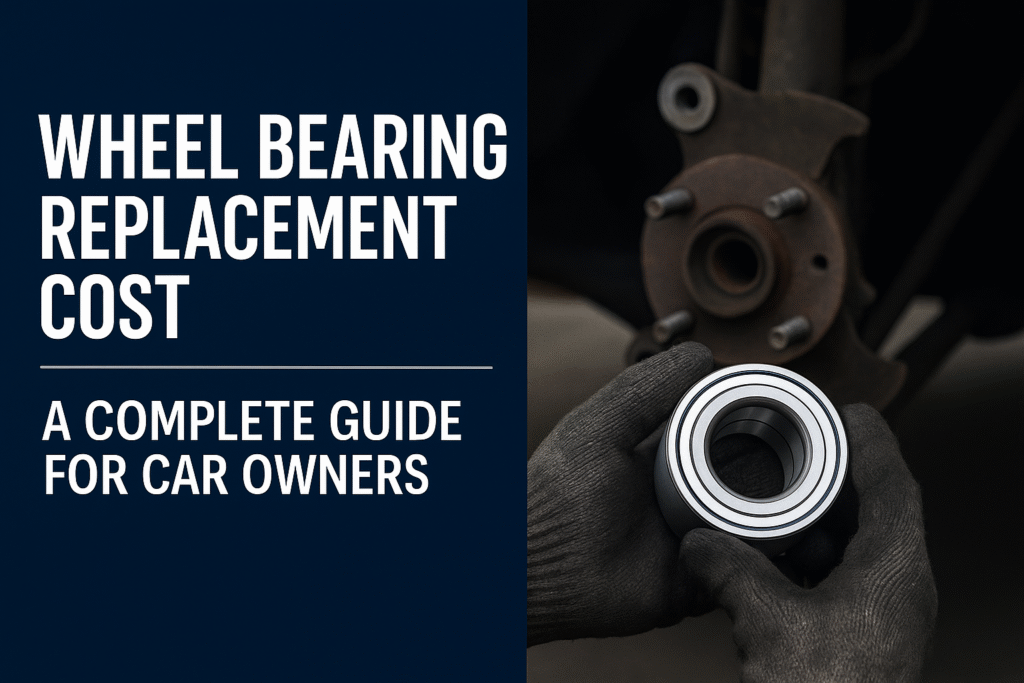Just driving a car doesn’t make you an expert, but maintaining your vehicle properly can help you become one. One of the most important aspects of car maintenance is learning how to improve gas mileage. Whether you drive a car, a truck, or a Dodge Ram 1500, better fuel efficiency means saving money and reducing environmental impact.
If you’ve been wondering how to improve gas mileage effectively, you’ve come to the right place. Let’s explore key maintenance habits and driving strategies that can significantly enhance your vehicle’s fuel economy.
Why Gas Mileage Matters
Improved gas mileage means your vehicle travels more miles on less fuel. This not only saves you money at the pump but also reduces wear and tear on your vehicle. Good fuel economy is often the result of small, consistent habits that every driver can adopt.
Essential Maintenance Tips to Improve Gas Mileage
Before we get into driving techniques, start with these key maintenance practices that help improve your car’s performance and fuel efficiency.
1. Keep Spark Plugs Clean
Dirty or worn spark plugs can cause misfiring and reduced engine efficiency. Clean or replace them regularly for better combustion and fuel usage.
2. Maintain Air and Oil Filters
A clogged air or oil filter restricts airflow and increases engine workload. Replace them as recommended by your vehicle’s manufacturer to keep your engine running efficiently.
3. Use the Recommended Engine Oil
Always use the grade of engine oil suggested in your owner’s manual. Using synthetic oil can reduce friction and improve engine efficiency, boosting gas mileage.
4. Tune the Engine Regularly
A well-tuned engine runs more efficiently. Fixing an outdated or misfiring engine can improve gas mileage by up to 40%.
5. Use Fuel Additives Wisely
Fuel additives that contain polybutene amine (PBA) help clean carburetors, fuel injectors, and valves. Use them as directed to avoid damage to sensors and optimize fuel combustion.
10 Effective Ways to Improve Gas Mileage
Now that you’ve taken care of the basics, here are ten practical ways to improve gas mileage in everyday driving.
1. Monitor Tire Pressure
Under-inflated or over-inflated tires can drag down fuel efficiency. Check tire pressure regularly and maintain it at the manufacturer’s recommended levels.
2. Drive Smoothly (Don’t Rush)
Aggressive acceleration and hard braking waste fuel. Keep a steady RPM and accelerate gradually to reduce gas consumption.
3. Reduce Vehicle Weight
The heavier your car, the harder the engine has to work. Avoid using roof racks for long trips and remove unnecessary items from your trunk to reduce drag and improve mileage.
4. Clean Your Fuel System
Deposits in your fuel system can affect engine efficiency. Periodic cleaning with the right fuel additives can help the engine run cleaner and smoother.
5. Choose Synthetic Motor Oil
Switching to synthetic oil reduces engine friction, which not only protects the engine but also helps it use less fuel.
6. Avoid Traffic Jams
Choose routes with less traffic even if they’re a little longer. Idling in traffic consumes a surprising amount of fuel and can lower your MPG by up to 50%.
7. Keep the Vehicle Tuned
Consistent vehicle tuning maintains optimal engine performance and can improve gas mileage by 4% or more.
8. Check and Replace the Air Filter
In older vehicles, a dirty air filter can reduce fuel economy. Make sure it’s clean to allow for proper air intake and fuel combustion.
9. Seal Your Gas Cap Properly
A cracked or loose gas cap can allow air to enter the fuel system, causing the engine to burn more gas. Replace damaged caps to maintain pressure and efficiency.
10. Maintain Steady Speeds
Constant speed is key especially in trucks. Avoid frequent speeding and hard braking. Cruise control on highways can also help maintain efficiency.
Final Thoughts
Learning how to improve gas mileage is not just about saving money. It’s about building good habits and keeping your vehicle in top shape. From maintaining your spark plugs and filters to driving more mindfully, these small efforts add up to significant long-term benefits.
By following the tips outlined above, you’ll not only improve your vehicle’s fuel economy but also extend its lifespan and reduce your environmental footprint.



